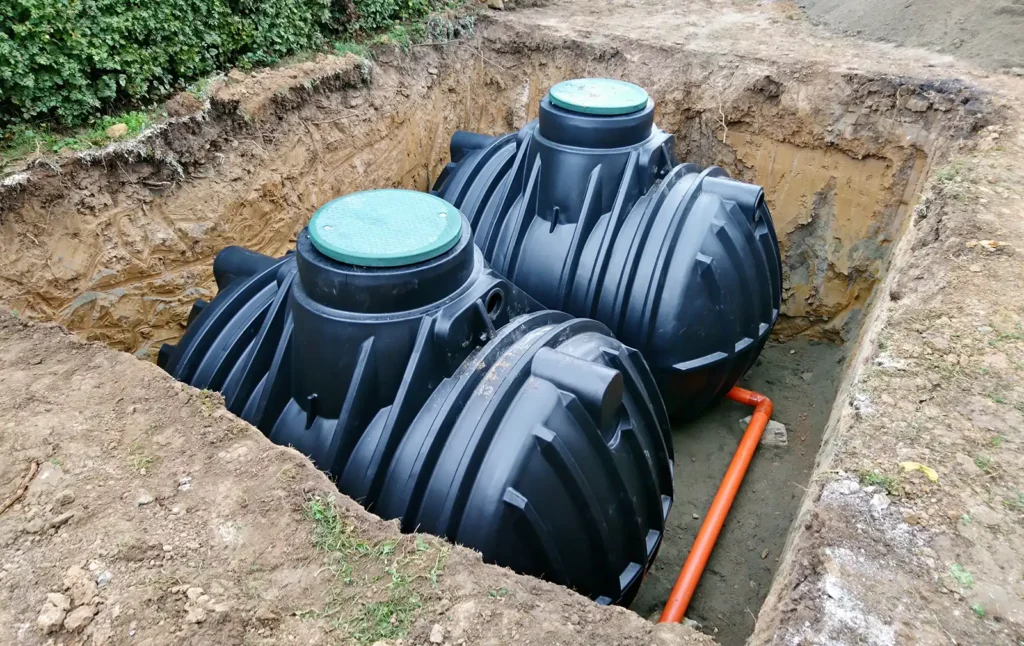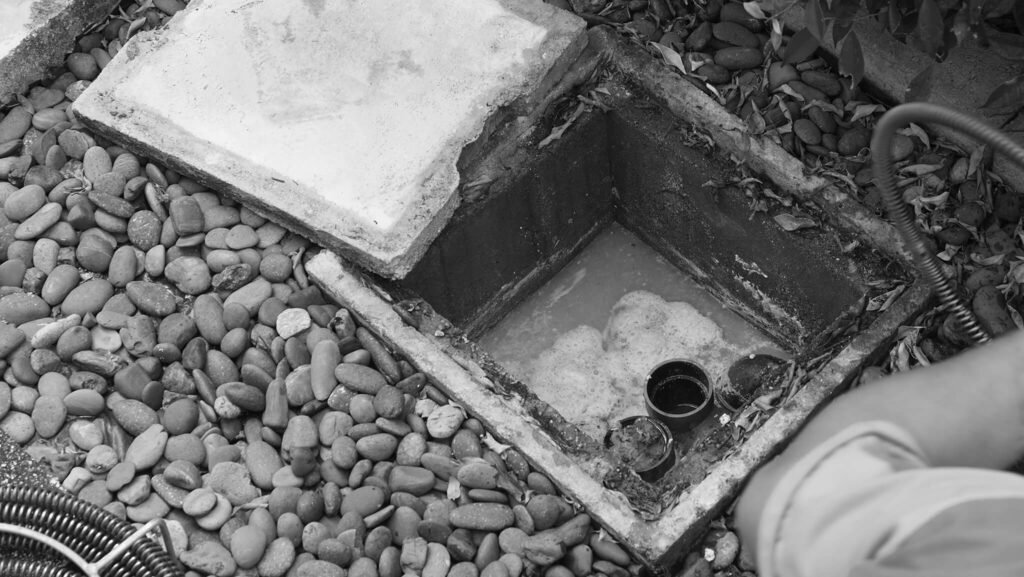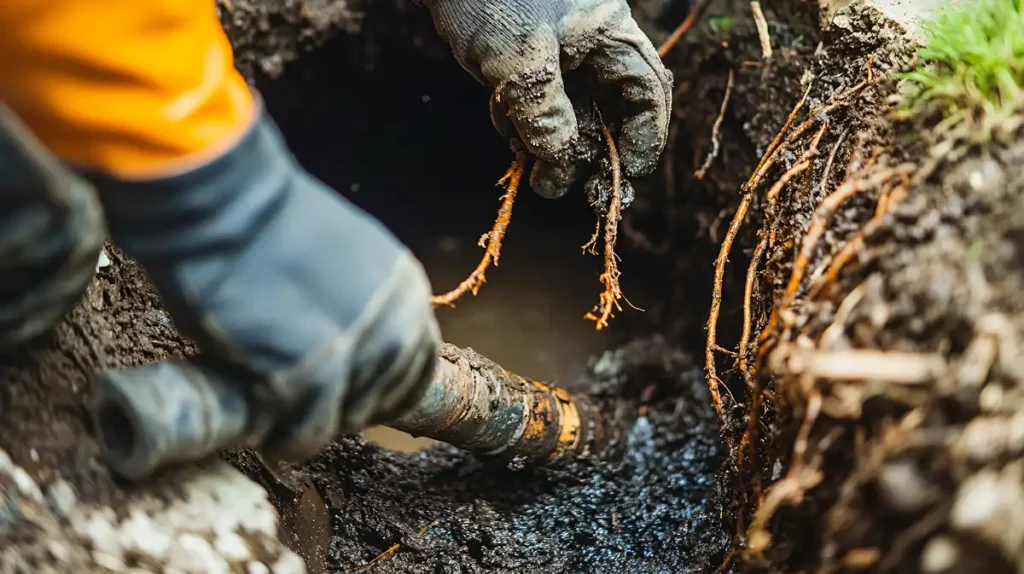Introduction
If you’re one of the hundreds of thousands of UK homeowners with a septic tank, especially in rural or off-grid areas, you may be wondering: Are septic tanks still allowed? The answer: the rules have changed—and they’re only getting stricter.
Recent UK regulations prohibit septic tanks that discharge untreated sewage directly into surface water (like streams, rivers, or lakes). If your system doesn’t comply—or you’re planning to buy or sell a property—it’s time to act.
This guide explores:
- Current UK septic tank regulations (England focus, with notes on Wales, Scotland, and NI)
- Why this matters—for both the environment and your pocket
- Safe, compliant alternatives: sewage treatment plants, drainage fields, or mains connections
- Costs, permits, and essential maintenance tips
- A clear call to action for moving forward with confidence
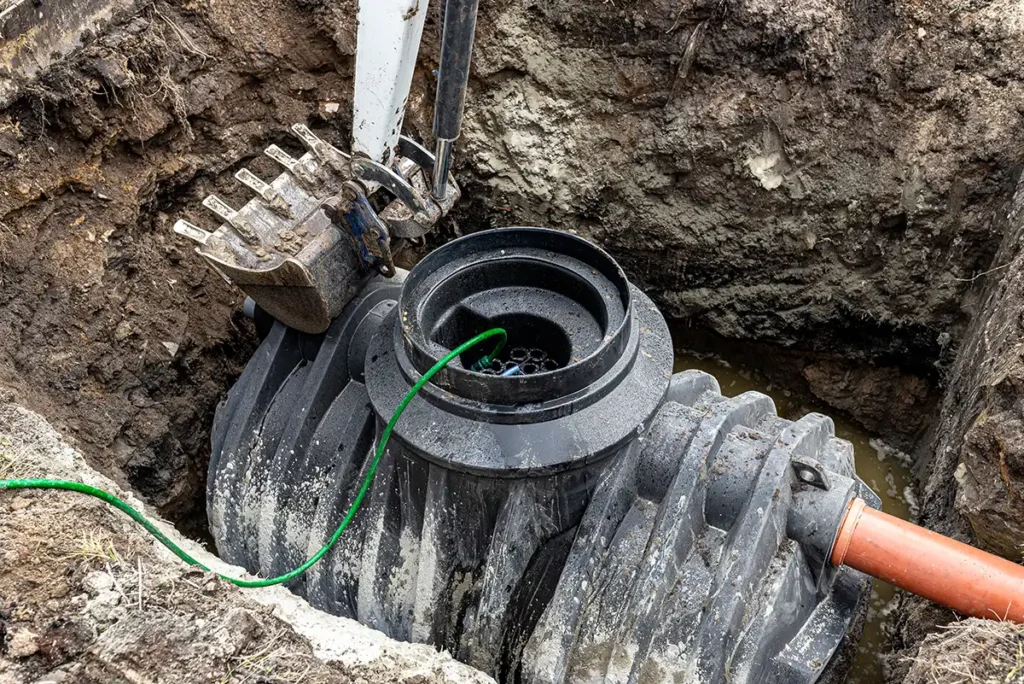
Septic Tank Regulations in the UK: What You Need to Know
Since 1 January 2020, septic tanks that discharge untreated sewage directly into surface water are no longer permitted under UK law. Homeowners must now either connect to the mains sewer, install a compliant drainage field, or upgrade to a sewage treatment plant.
If you’re still using an older system, now is the time to book a professional septic tank service to ensure you’re not at risk of penalties.
Why It Matters: Environment, Compliance & Value
Blocked or outdated septic systems don’t just create unpleasant smells and risks for your property—they can contaminate local rivers, streams, and groundwater.
Failing to comply can also affect your property’s value. If you’re planning to sell, surveyors will likely highlight your tank, and you may be required to upgrade to a compliant sewage treatment plant before the sale can proceed.
Your Options: Compliant Alternatives to Septic Tanks
Option A: Connect to the Public Sewer
If available, this is usually the most straightforward solution.
Option B: Install a Drainage Field (Soakaway)
A drainage field safely disperses wastewater into the soil. However, soil conditions and distances must meet regulatory standards.
Option C: Upgrade to a Sewage Treatment Plant
For many homeowners, the most reliable long-term fix is upgrading to a modern sewage treatment system. These systems treat wastewater to a high standard, protecting the environment and keeping you compliant.
For properties with higher wastewater demands, or where pumping is necessary, a septic pump chamber may be required as part of the installation.
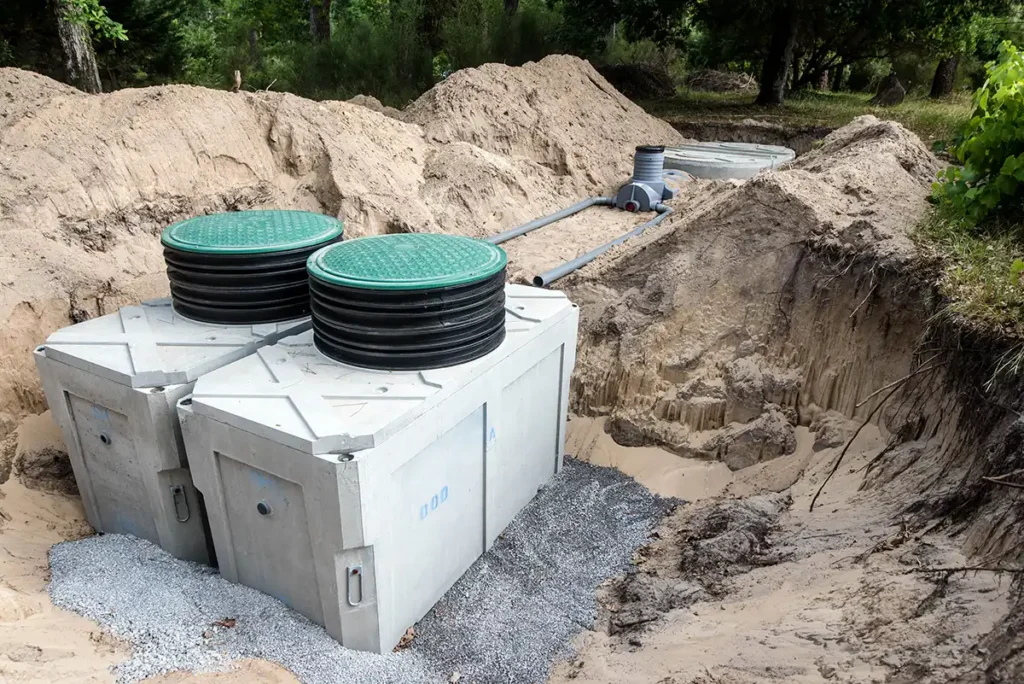
Rules Over Time: Existing vs. New Systems
- Pre-2015 systems: Allowed to continue but must not cause pollution.
- New or altered systems (post-2015): Must fully comply with the latest General Binding Rules.
- Property sales: Sellers must disclose system compliance and provide documentation.
If you’re unsure where you stand, scheduling an inspection with a local specialist in septic tank and cesspit services is strongly advised.
Practical Considerations: Cost, Approval & Maintenance
Costs
- Sewer connection: variable but permanent.
- Drainage fields: mid-range option, depends on soil tests.
- Sewage treatment plants: higher upfront cost, but reliable and compliant.
Maintenance
All off-mains drainage systems need servicing. Regular desludging, checks, and servicing from experts in septic tank services will extend system life and protect compliance.
Stay Compliant: Reach Out for a Free Quote
Don’t risk fines, property value issues, or environmental damage. If you own a septic tank or cesspit, now is the time to act.
- Learn more about our Septic Tank and Cesspit Services
- Explore upgrade options with our Sewage Treatment Plant Services
- If your property needs extra support, see our Septic Pump Chamber Services
📞 Ready to upgrade or check compliance? Contact us today for expert advice and a free, no-obligation site survey.
